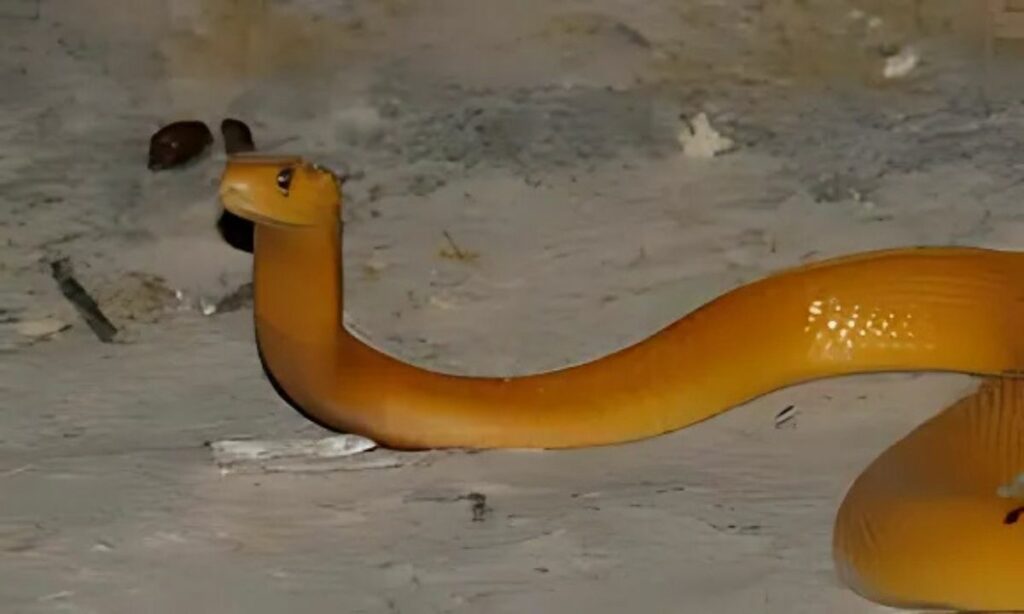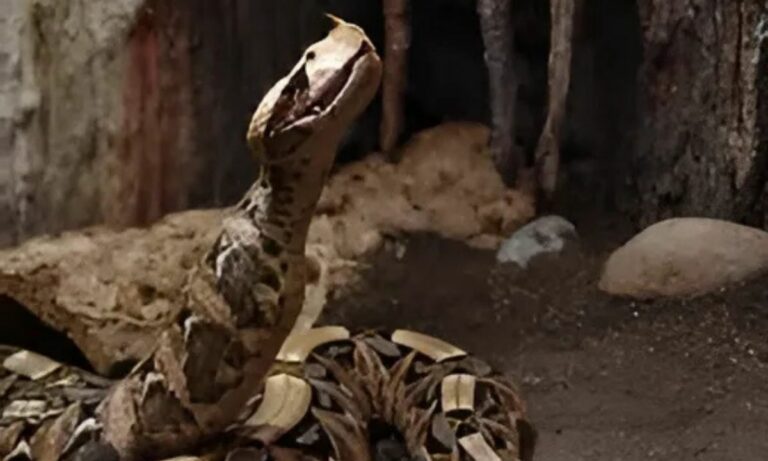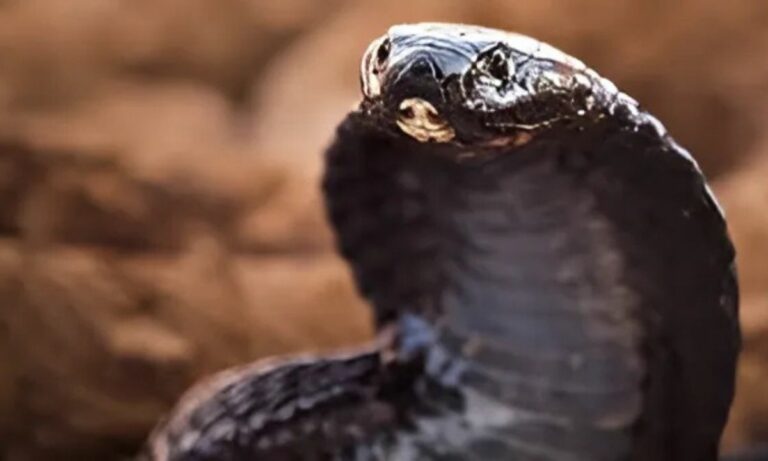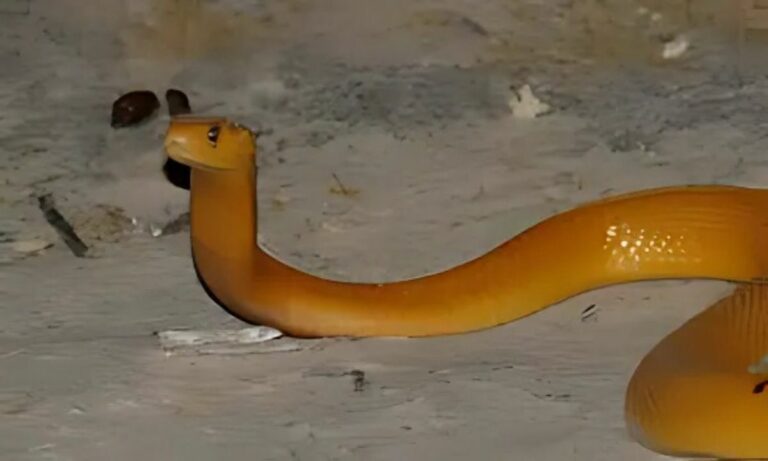How Dangerous Is the Cape Cobra? Africa’s Deadly Serpent
Meta Description: Meet the Cape cobra – one of Africa’s most venomous snakes. Learn where it lives, its lethal bite, and survival tips for encounters.
Meet Naja Nivea: The Cape Cobra
Scientifically named Naja nivea, this golden-hued predator is what nightmares are made of. But before you panic, let’s get to know this fascinating reptile better.
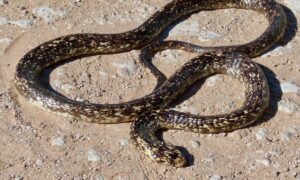
Image: Flickr
Where You’ll Find This Snake
The Cape cobra calls these areas home:
- Southern Africa
- South Africa
- Namibia
- Botswana
- Lesotho
It particularly loves arid regions, but don’t be surprised to find one in your garden if you live in its territory!
Venom: Why You Should Worry
Extremely deadly – that’s the short answer. Their venom attacks both the nervous system and heart tissue. What makes them extra scary? They’re known to:
- Enter homes
- Climb trees
- Stand their ground
Unlike some shy snakes, Cape cobras can be quite confrontational when threatened.
Dinner Time for the Cape Cobra
These aren’t picky eaters! Their diet includes:
- Rodents
- Other snakes
- Lizards
- Bird eggs
Fun fact: They’ve been known to raid chicken coops, which often brings them into conflict with humans.
Daily Life of Africa’s Golden Killer
Ever wonder how these snakes spend their days? Here’s the scoop:
- Active during daylight
- Shelters in burrows
- Loves rocky areas
- Often near water
They’re most active in warmer months, slowing down during winter – good to know if you’re visiting their territory!
Surviving an Encounter
If you come face-to-face with one, remember:
- Freeze immediately
- Back away slowly
- Avoid sudden moves
- Never try to kill it
Their strike is lightning fast, and they can spit venom up to 2 meters! Always wear proper shoes when hiking in their habitat.
Why We Need These Snakes
Despite their danger, Cape cobras play vital roles:
- Control rodent populations
- Maintain ecosystem balance
- Indicator species
Next time you see one (from a safe distance), remember they’re just trying to survive like everything else.
Did You Know?
Some fascinating Cape cobra facts:
- Color varies by region
- Can live 20+ years
- Females guard eggs
- Hood displays vary
Their venom is being studied for potential medical uses – nature’s pharmacy at work!
